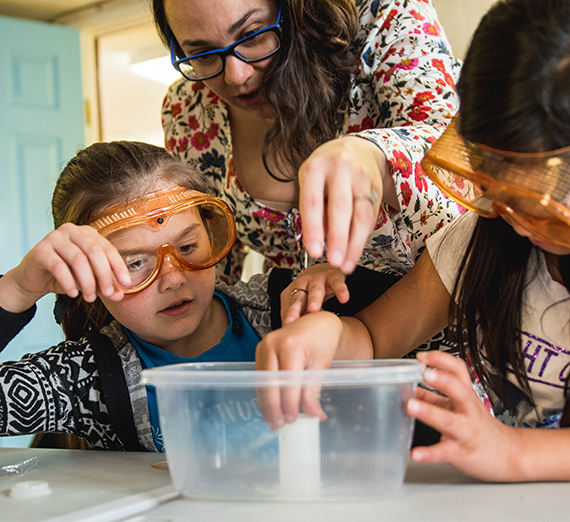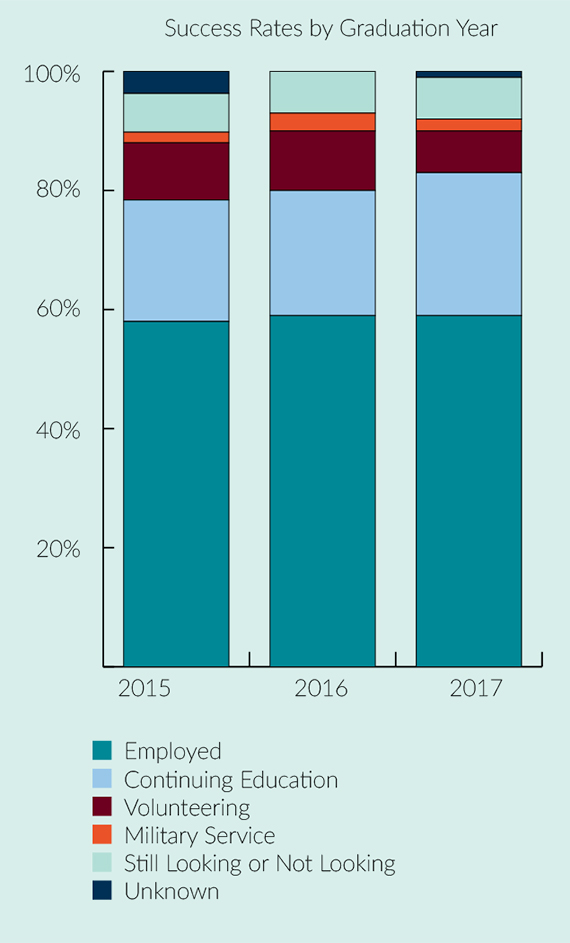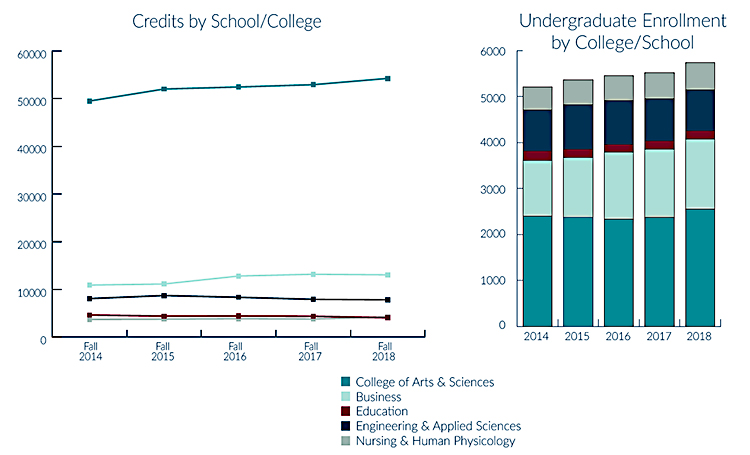Liberal Arts 101: You Don't Have to be Liberal (or Artsy) to Study the Liberal Arts

Yes, the liberal arts include disciplines from the humanities, the area of study that helps us understand the human experience that provides the foundation of humanism. Language, literature, history, religion, plus the fine arts—music and art, theater and dance—those are the subjects most people think of when they think of the liberal arts.
But the liberal arts also include the social sciences, the natural sciences, and mathematics (half of the components of the STEM acronym), and studied together, they create a comprehensive education that fosters critical analysis, problem solving, scientific inquiry, and creativity.
And the “liberal” part, deriving from the Latin liberalis? In classical antiquity, it translated to “appropriate for free men,” men who were “free” to think independently—able to come to their own terms with the world around them.
In order to fulfill University core requirements, every undergraduate 51勛圖 at Gonzaga interacts with faculty from and takes courses offered in the College of Arts & Sciences; because of this exposure, many who may not already be committed to liberal arts degrees choose to also declare majors or minors through the College.
Research isn’t restricted to science. Science isn’t just about research.


You can’t get a job with a liberal arts degree.

On the contrary. College of Arts & Sciences grads have had a consistent post-graduation success rate of 93-94%.
Alumni from across the disciplines go on to pursue graduate and professional degrees, overseas and domestic volunteering, and jobs in industries across the non-profit and private sectors.
“When people ask me about a liberal arts degree and how it sets them up for success in their career, I tell them that I think that having the foundations of history, English, math, science—those are fundamental pieces of knowledge that you’ll never get in the working world.
In the working world, you’re going to be offered opportunities to go to training classes about a certain domain ... and those companies will train you in their science. They’re not going to train you in how to solve problems and interact with people and how to develop your own interpersonal confidence. And those are things that are really important that a liberal arts education is able to give you.”

